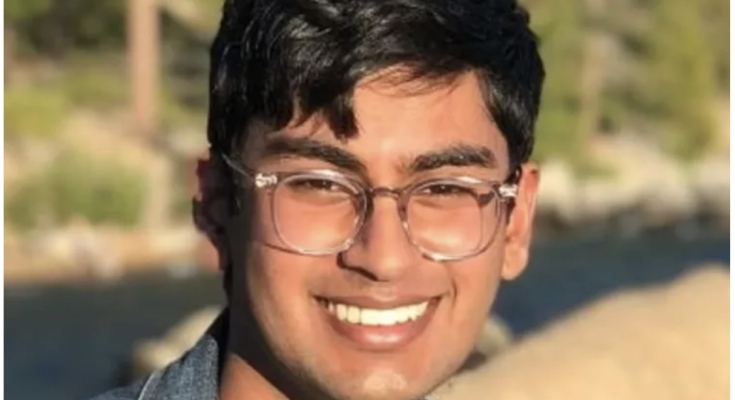Suchir Balaji, a former OpenAI researcher, was 26 years old
:max_bytes(150000):strip_icc():focal(753x481:755x483):format(webp)/Suchir-Balaji-121424-1-636630bddf17482d8e346b8a65d1c946.jpg)
Former OpenAI researcher and company whistleblower Suchir Balaji has died by apparent suicide, according to multiple reports. He was 26.
Balaji’s body was reportedly discovered in his San Francisco apartment on Nov. 26, according to CNBC.
“The manner of death has been determined to be suicide,” David Serrano Sewell, director of San Francisco’s Office of the Chief Medical Examiner, told the outlet in a Dec. 13 email. Sewell also noted that Balaji’s next of kin have been notified.
The San Francisco Police Department confirmed the report in an email to The San Francisco Standard, sharing that police officers were called to an apartment on Buchanan Street on Nov. 26 to conduct a wellness check. It was there that they discovered a deceased adult male. The department noted that there is “no evidence of foul play” at this time.
PEOPLE reached out to both the SFPD and San Francisco’s Office of the Chief Medical Examiner for comment but did not receive an immediate response.
:max_bytes(150000):strip_icc():focal(999x0:1001x2):format(webp)/OpenAI-121424-da5b15cad0764a5f9cfcfe33dd89b042.jpg)
“We are devastated to learn of this incredibly sad news today and our hearts go out to Suchir’s loved ones during this difficult time,” a spokesperson for OpenAI — the company that developed ChatGPT — told Fox News.
According to The New York Times, Balaji left his job at OpenAI in August after four years as an artificial intelligence researcher. He said he had come to the conclusion that the company had violated copyright laws in developing its AI technology and that platforms like ChatGPT were harming society.
“If you believe what I believe, you have to just leave the company,” he told The New York Times in a series of interviews.
Never miss a story — sign up for PEOPLE’s free daily newsletter to stay up-to-date on the best of what PEOPLE has to offer, from celebrity news to compelling human interest stories.
Balaji referenced the piece in his final post on X post (formerly Twitter) on Oct. 23, writing, “I recently participated in a NYT story about fair use and generative AI, and why I’m skeptical ‘fair use’ would be a plausible defense for a lot of generative AI products.”
“That being said,” he continued, “I don’t want this to read as a critique of ChatGPT or OpenAI per se, because fair use and generative AI is a much broader issue than any one product or company.”
If you or someone you know is considering suicide, please contact the 988 Suicide and Crisis Lifeline by dialing 988, text “STRENGTH” to the Crisis Text Line at 741741 or go to 988lifeline.org.



